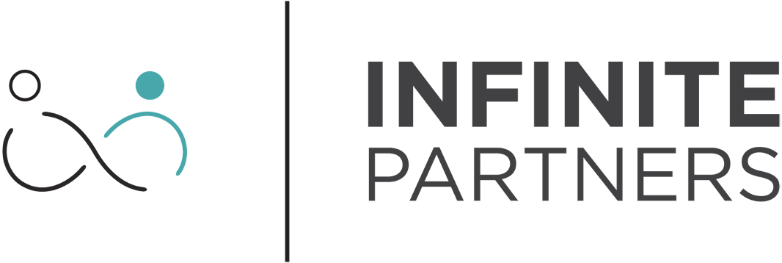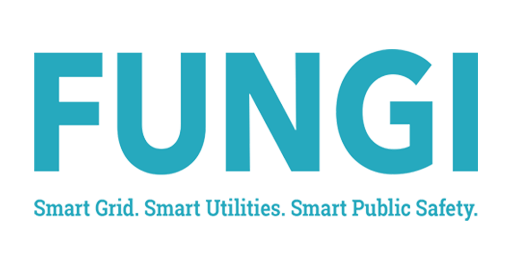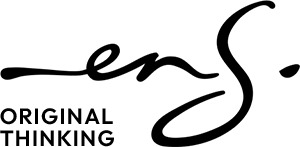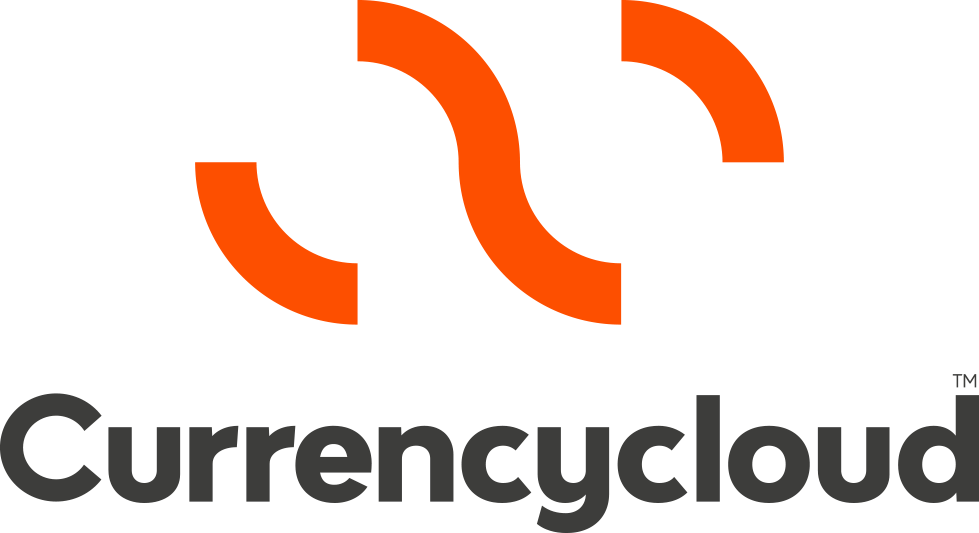- +2711 486 0692
- info@truzo.com
- Mon - Fri: 8:00 - 18:00
Escrow is a financial agreement where the transacting parties (the buyer and the seller, sometimes an agent too) use an independent third party, to hold money or an asset on their behalf before it’s transferred from one party to another when the transaction is finalised.
The independent third party, known as an escrow service provider, makes the transaction safer by securely holding the money or asset specified in the transaction until the terms of the transaction have been met. The service provider protects both the buyer and the seller in a transaction to ensure neither party is scammed.
Money, assets, securities and other assets can be held in trust. Online escrow has become more common and is a great way to secure purchases and sales of high ticket items like cars, jewellery and watches.
When you agree to buy or sell something, you agree to certain terms and conditions. For example, the terms of your agreement may be simple like the buyer must agree to make payment of the transaction amount before a specific date and time or the seller agrees to delivery of the product or service on a specific date and time. However, some transactions may be slightly more complex, where the buyer wishes to inspect the product or service before making payment or the seller requires payment upfront before delivery.
With the lack of trust when dealing with strangers, this creates the need for an independent third party to act as the middleman to ensure that the buyer gets what they’ve paid for and the seller gets paid on delivery of the product or service.
Digital escrow is really simple and typically follows these steps:
Agree: The buyer and the seller (sometimes agent) agree to the terms of the transaction. This can include price, quantity and delivery details.
Secure: The buyer secures the transaction by paying the purchase price into the trust account. Most service providers offer various payment methods like credit card, EFT and Instant EFT.
Deliver: Once the service provider has verified and confirmed the buyer’s payment, the seller can deliver the product or service agreed.
Pay: When all the parties confirm they are happy with what’s been delivered, the service provider releases payment to the seller.
Escrow can include as little as just the details relating to your transaction like, description of the product or service, price, quantity etc. Or it can include the complexities relating to your transaction like the number of days you have to inspect the product or service delivered before payment is released, the agent commission or who pays the fees etc.
It’s always advisable to add as much detail as possible to your transaction. Doing this ensures there is no ambiguity or uncertainty as to what is expected of the transacting parties (the buyer, seller or agent if there is one). The more clearly the transaction details are spelt out, the safer your transaction.
An escrow account is an account used by buyers and sellers where money is held securely in trust, by the escrow agent on behalf of a client, for that client’s specific transactions. Money held in a client’s escrow account can be used to pay sellers for specific purchases or to facilitate the receipt of funds from buyers.
A good service provider, typically registered with the financial authority in the region within which they operate, conducts a full and comprehensive compliance check (Know Your Client – KYC, anti-money laundering, sanctions list and more) on a client before setting up an escrow account for that client. This is standard practice and ensures the integrity of the service provider’s client base. Parties involved in an escrow account are the buyer, the seller, the agent (if there is one) and the service provider.
An escrow account can be used for safe and secure transacting when dealing with businesses or individuals you don’t know.
An escrow agreement is a contract between the transacting parties and the agent/ service provider. This can take the form of a written or digital agreement. The agreement is the document that contains the details of the transaction including the transaction’s terms and conditions that detail the responsibility of the transacting parties that must be fulfilled before money is released from a client’s account.
A reputable agent/ service provider with only allow the transacting parties to create an agreement once the parties have been fully compliance verified and vetted. Knowing that the transacting parties have been compliance verified gives the transacting parties the peace of mind that they are dealing with a legitimate counterpart.
An escrow bank account is the bank account where the transacting party’s money is held, by the agent, until the specific conditions relating to the agreement have been fulfilled. A reputable agent is usually registered with their local financial authority so when using an agent/ service provider, you will note that their client’s money is usually held in a safe and secure trust account with a reputable bank. This ensures that their client’s money is held separately and not in the same account the agent uses for their operational income and expenses.
The importance of client money being held in an agent’s segregated trust account provides additional comfort to the transacting parties that if the agent defaults, their client’s money is still safe and secure.
Escrow fees can almost be thought of as taking out insurance when buying or selling products and services. Escrow agents usually charge a fee per transaction. These fees are calculated on the value of the transaction and the level of service chosen (if your service provider offers various service levels). Agent fees can typically range from 1-3%.
Always note that while some service providers may only advertise their escrow fees, additional fees based on the specific payment method or currency chosen may also apply. Be sure to know all your escrow service providers fees when comparing fees and before selecting your service provider.
Depending on your escrow service provider, fees can be split in various ways. Who pays the fee is usually agreed between the transacting parties. Typically, the fee is split equally between the buyer and the seller, however it can also be paid in full by the buyer or the seller. There is no specific rule as to who pays the escrow fee.
This is completely dependent on your specific tax authority. In some countries, escrow fees are tax deductible while this is not the case in some countries. Consult your tax advisor to ensure that the manner in which you treat your escrow fees is compliant with your local tax authority.
Escrow is generally a very secure process. The biggest risks in the process are your choice of service provider and the risk of hacking relating to payment fraud. With more escrow service providers popping up, it is crucial to use a reputable agent. Knowing that your agent is registered with the relevant financial authority in your country should give buyers and sellers significant comfort that they’re dealing with a reputable company. Hackers and cyber criminals have seen this rise of more escrow service providers and increased their attacks on clients and the service providers themselves. Its best to always follow up on alerts your service provider may send you.
In an increasingly digital world buyers and sellers typically transact with strangers on a daily basis. Online transacting comes with its fair share of risks so protecting yourself or your business is essential. For buyers, it’s the risk of paying for something that never arrives and for sellers, it’s the risk of not being paid for your products and services. As cyber criminals become more sophisticated even the most diligent of us can easily fall victim to scams.
The use of an escrow service is a great way to protect yourself and your money when you shop online. When using this service, the buyer’s money is only released when they confirm their satisfaction with what was delivered by the seller. For sellers, using a verified payment service is a great way to reduce the risk of payment fraud.
As a business owner the risk of late payments, fraud and non-delivery of purchases could potentially mean your business shutting down after many years of hard work. The use of an escrow service provider can be viewed as a partner in growing your business safely and securely. Your agent not only vets and compliance verifies your suppliers and clients but also ensures your business only releases payment to suppliers upon delivery while only making delivery of your products or services when your client’s money is verified and held in escrow before you deliver.
The use of an escrow service provider means you can now focus on growing your business safely and securely without the usual risks that can be a distraction.














Truzo Ltd (12528331) | United Kingdom, is an EMD agent of the Currency Cloud Limited (FCA 903083).
Truzo (Pty) Ltd (2016/390144/07) is an Authorised Financial Service Provider (FSP 51539)
No part of this site, truzo.com, may be reproduced in whole or in part in any manner without the permission of Truzo (Pty) Ltd.
Truzo Ltd is an EMD Agent of The Currency Cloud Limited. Payment and e-money services (non escrow services) are provided by The Currency Cloud Limited. Registered in England No. 06323311. Registered Office: Stewardship Building 1st Floor, 12 Steward Street London E1 6FQ. The Currency Cloud Limited is authorized by the Financial Conduct Authority under the Electronic Money Regulations 2011 for the issuing of electronic money (FRN: 900199).
All testimonials, reviews, opinions or case studies presented on our website may not be indicative of all customers. Results may vary and customers agree to proceed at their own risk.
Terms and Conditions apply
© 2020-2022 Truzo (Pty) Ltd. All Rights Reserved. Terms and Conditions apply.